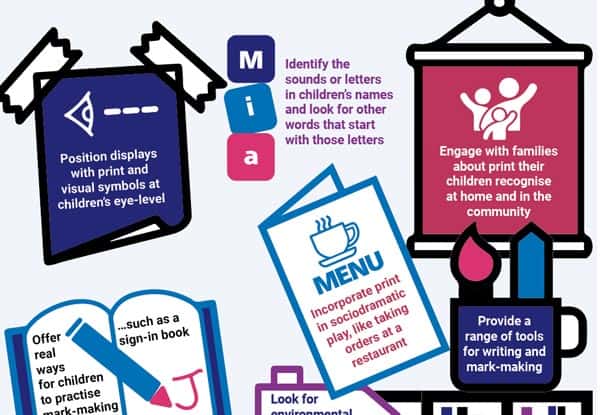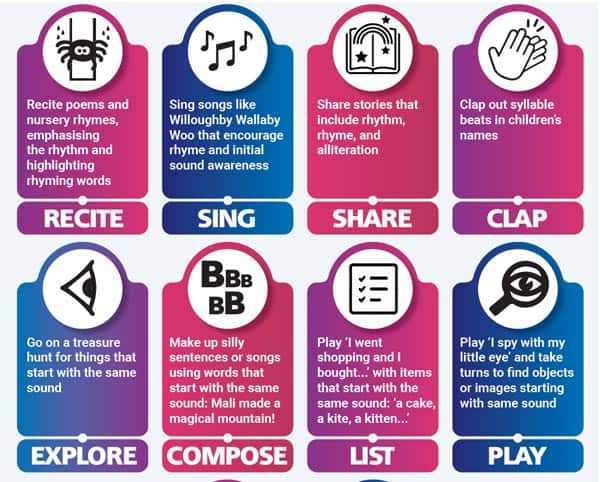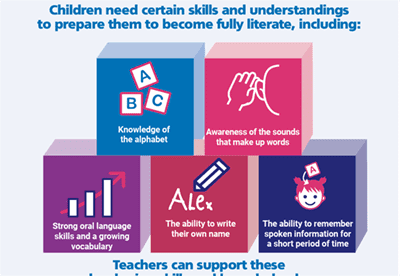theteam@theeducationhub.org.nz
Postal Address
The Education Hub
110 Carlton Gore Road,
Newmarket,
Auckland 1023
Teachers in early childhood settings can foster early literacy learning to support children’s journey towards becoming literate adults

Dr Rebecca Hopkins supports teachers to broaden their conceptualisation of literacy, and their intentional practices

Claire McLachlan from Federation University Australia explores how literacy can be fostered in early childhood settings.

Strategies for promoting awareness of print in early childhood education.

How to support phonological awareness in early childhood settings.

The building blocks of early literacy and how teachers can support its development.

Key insights from a webinar with Dr Rebecca Hopkins from AUT.

Intentional strategies for supporting infants’ early engagement with literacy.

Key insights from our webinar with Professor Claire McLachlan.